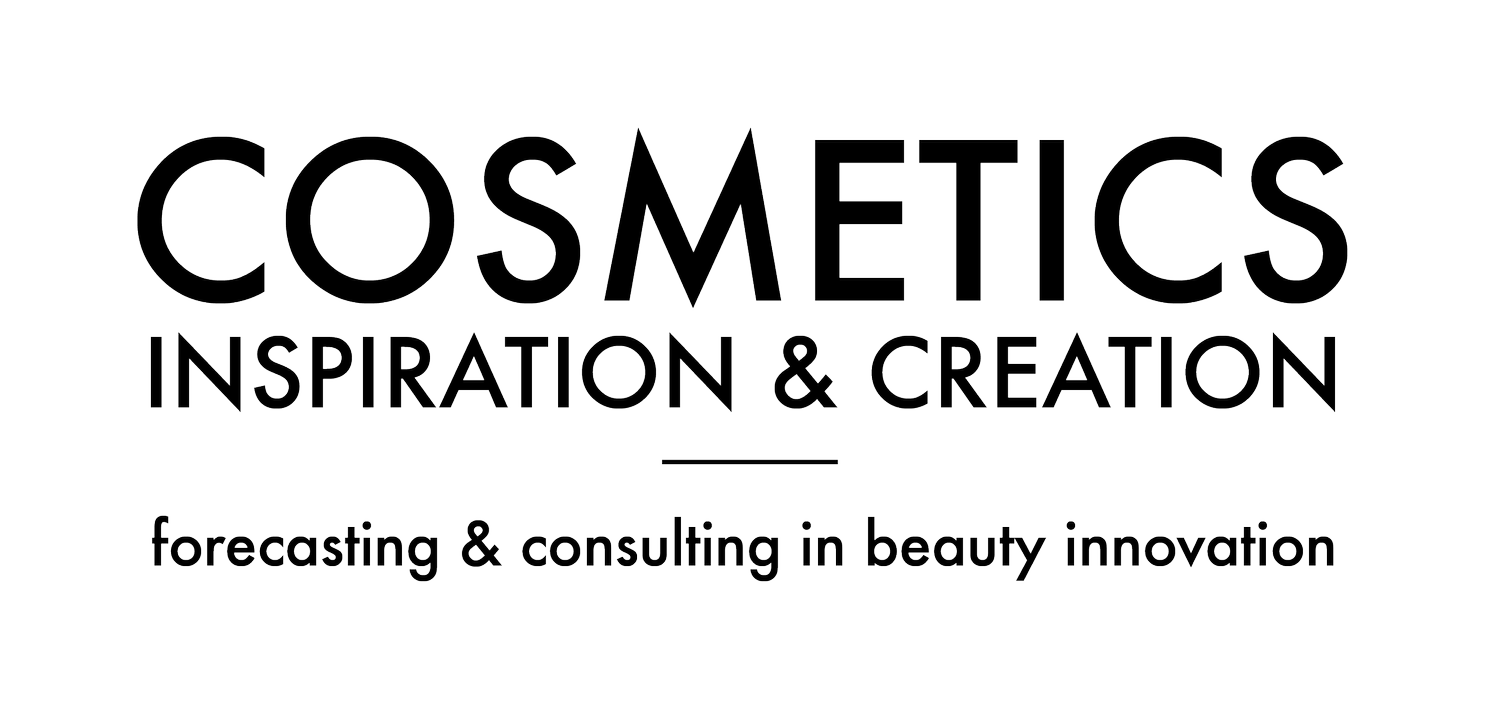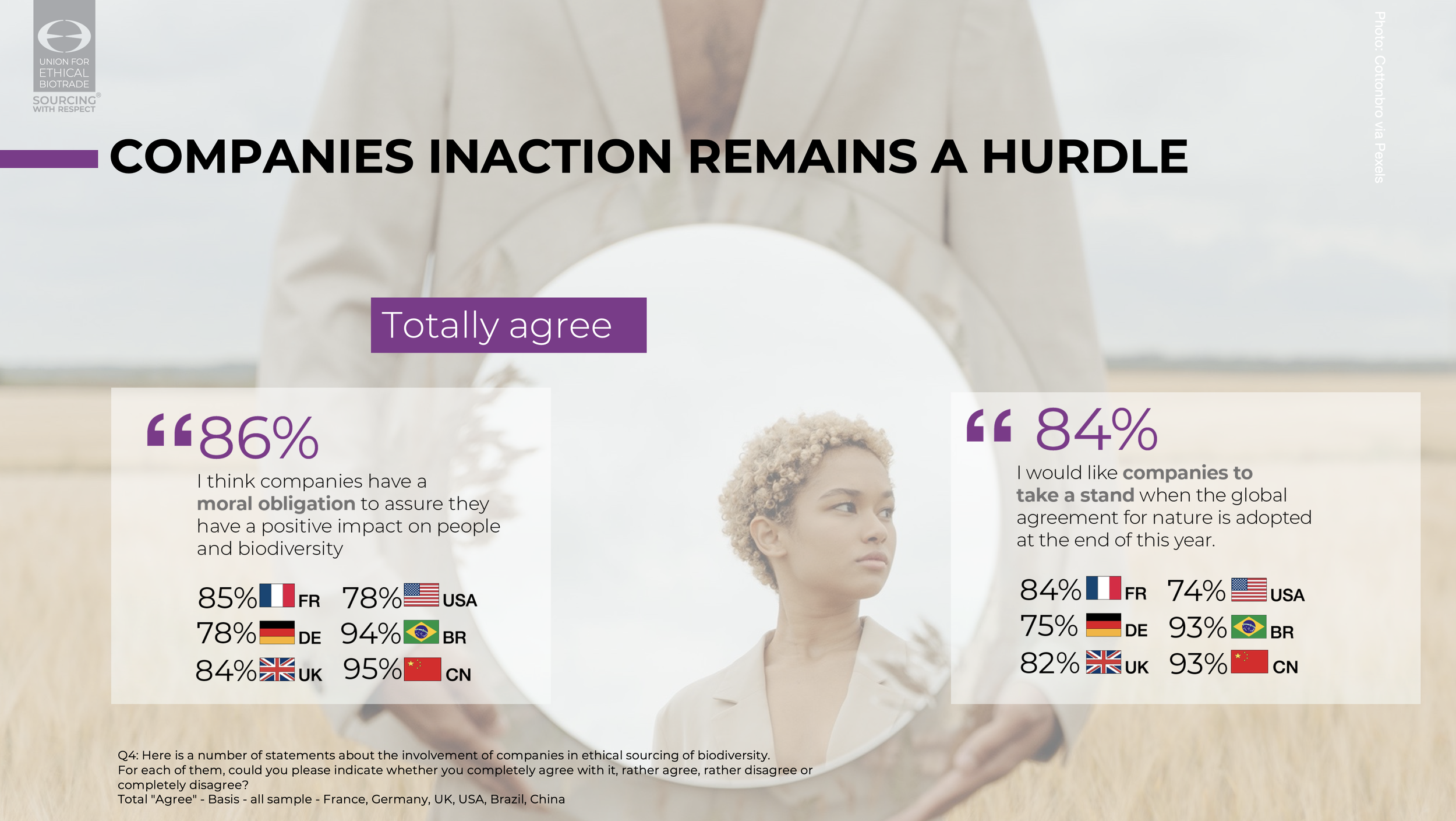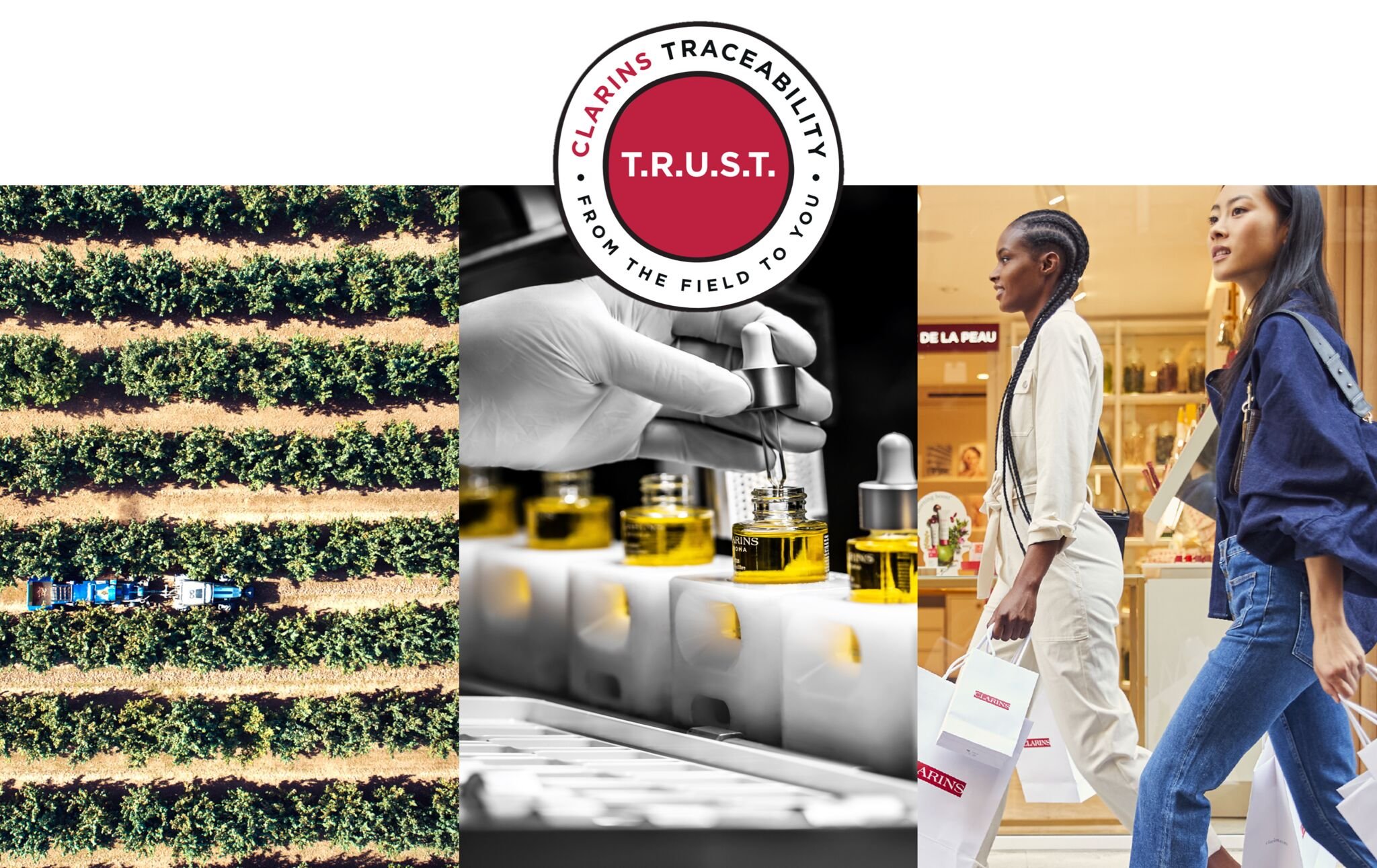Annie Jackson is one of the most influential female leaders in the US, she has been a key player in the beauty space since her early career with Estee Lauder before becoming part of the team that launched Sephora USA. Just over a decade ago, Annie co-founded the clean beauty retailer Credo, which is now firmly established as one of America’s top sustainable beauty champions.
“Annie Jackson is one of the leading voices in the clean beauty and sustainability movement. As co-founder and now CEO of Credo, Annie is uniquely positioned to offer insight into the evolution of the clean beauty space and share her thoughts on how the industry must adapt to ensure a better tomorrow. With value being rapidly redefined by consumers who are demanding greater environmental responsibility, brands are being driven to consider the future implications of products. Credo is a pro-active steward of progress, working alongside brands to evolve sustainability standards that go far beyond current consumer expectations.” Leila Rochet – Cosmetics Inspiration & Creation.
At the recent MakeUp in Los Angeles event, Annie joined our Chief Innovation Officer, Leila Rochet, to discuss one of the agency’s key trends for 2024 - Symbiotic Progress: Adapting for a better future.
Read on for an exclusive extract of Leila and Annie’s Beauty Talk, where Annie shares her vision for the future of clean beauty and reveals the shifting priorities of Credo consumers.
Leila Rochet: How did your journey into Beauty unfold, leading to your role today as CEO of Credo?
Annie Jackson: We started on the concept for Credo back in 2013 and opened our first store in 2015. We just opened our 16th location. We are a physical retail concept. While digital is very important to any business today, meeting the customers where they are in neighborhoods, where people are living a healthy lifestyle, exercising, and investing in their health, is where you will find a Credo. We want people to be able to explore and find new brands, try the products, and work with our estheticians and makeup artists. And that's our continued focus.
Back in 2013 we really wanted to see if you could make a brand that was as efficacious as a conventional beauty brand in formula and packaging but with primarily plant ingredients in more sustainable options. We took the cue from the organic food movement and realized that people were investing in healthier options and educating themselves on what products they wanted to buy. So we were curious, could we find enough brands to fill this store? We opened our first store in San Francisco, going head to head-with conventional beauty brands. We started with about 60 brands and we have 105 today. About a quarter of those brands we started with are still with us a decade later.
Leila: There must have been a lot of challenges when you started. How do they compare to the challenges you face today?
Annie: Well, I think I can safely say for any entrepreneur or any founder out there, it's never a straight line. We had the COVID crisis in the middle of trying to grow a physical retail business, which is extremely capital-intensive. Also, when we started we had this ecosystem of brands which were really celebrating finding a retail partner and wanted to grow alongside us. The customer base has now grown so much that these brands are scaling and growing into bigger retailers, which is amazing. The fact that retailers with a larger footprint than Credo are committed to putting safer products on their shelves is an amazing thing. But from a business standpoint, it becomes quite challenging because that hurts our market share. It's a tricky one.
Yet, it hasn't made us any less passionate about what we do. We are striving to make a positive impact in the beauty industry and so we're often shoulder to shoulder with our competitors - Sephora, Ulta, Detox Market, and others. But you know, we're all in this together. And I think the more we can band together to make better choices for human health, it's a good thing.
Leila: How do you make sure that the products that you sell in your retailers are the safest ones?
Annie: Before, we were manually checking products against our standard, but today we use a technology platform called Novi. We've also invested in a rock star team of impact specialists who come from environmental, toxicology, and science backgrounds, to help guide us. Today, what we're doing as an organization is questioning if there could be a better way. For us, the secret sauce is finding brands that are not just meeting our standards, they're exceeding them, or they have a path to exceed. What makes me so proud of the brand community that we have is that these people have rolled up their sleeves and done the hard work - they're paying more money, and they're taking more time to bring products to market. And they're challenging the contract manufacturing community to look at other ingredients and explore other options.
Leila: How do you help your consumers navigate all these changes and what are you seeing as their priority?
Annie: From the outset, our customers have always been concerned about packaging. In the early days, while we vetted brands against a restricted substance list, consumers were always saying, “I hate all this plastic!”. Customers are absolutely invested in being part of the solution. We co-founded the packaging collection program Pact Collective along with other stakeholders, but we also have the conversation on the selling floor about what is recyclable. The next thing that's top of mind for us is looking at ingredients that have no data and examining the assumption that they're safe or good for you. So we're starting to dig into that with Chem Forward, who are a nonprofit partner. It may mean that some products at Credo go away, but, you know, that's why we're here and that's the work that we're doing today.
Leila: According to Nielsen IQ - 61% of US consumers associate sustainability with benefiting the planet, while just 26% associate it with societal contributions. Credo has been active on matters like ethical sourcing of Mica, do you see ethical transparency as the next step for the industry?
Annie: Yes, I do. I think whether people are buying beauty products, or beer, or cars, they are much more invested in finding out information before they choose a product. And so it could be a source of ingredients, it could be packaging, it could be what a founder says on social media… it could be all of those pieces together. Gen Z has the highest bar of any customer out there, and they expect you to have all these things in place. They want the product to be all those things, with an entry-level price point, and a cool look and feel. They want it all. And that generation is growing up, they've got more spending power, and those are the brands that they're looking for. So I think it's a super exciting time.
Leila: Education is one of Credo's core pillars - what tools and techniques do you use to educate consumers?
Annie: We have an education team and we invest most of our time in terms of associated selling preparation on training. Our dream is to have our brands be as well known on the selling floor as the brand founders themselves know them. We want our sales associates to know our brands intimately, so we spend most of our time on education, in terms of brand product knowledge, but also on what our standards are. I would say probably the most engaged customer that we have at Credo is someone who's expecting a child. These people are typically really invested in the choices they're making.
Leila: In a previous interview in Vogue Business, you talked about moving “beyond clean beauty”, can you explain what you mean by this?
Annie: It's really about moving beyond the restricted substance list, and understanding that the customer has embraced a much more holistic view of what clean or green beauty means to them. It involves packaging, people, ethics… just real transparency. I can say from experience that Beauty is a pretty opaque industry, and it’s not inherently forthcoming about what's in products, and who the people are that these brands are working with. By no means does Credo have everything figured out perfectly, but we're digging into things that should be very transparent to the customer. That's what people expect today.
When I was talking about going beyond clean, it is because people tend to hear “clean beauty”, and they just think of ingredients, and that's it. But we're embarking on meeting our first sustainable packaging milestone this year, where our brand partners needed to reach 50% or greater PCR content. We put that out in the universe in 2020 and that's where we've been spending most of our time. From an ingredients standpoint, it's much more cut and dry, like, do you have these ingredients, or don't you? But on the packaging front, it's really been us linking arms with our brand partners and saying, we got to do better. We have to at the end of the day. The reality is we're in an industry where we sell products, and so if you're going to do that then let's invest in things that are just better for people and the planet.
KEY TAKEAWAYS:
Consumers want increasingly healthier options that align with their healthy lifestyles and are educating themselves before making purchase decisions.
Brands must be prepared to pay more and work harder to achieve outstanding results and push the culture of clean beauty forward. Dig deeper, and engage with technology platforms to help validate ingredients and materials.
Packaging remains a key sticking point for the beauty industry and is a top concern for sustainably-motivated consumers.
Young consumers have a much wider definition of clean beauty that encompasses ingredient safety, packaging, ethical sourcing, and social purpose.
Retailers should center education in staff training and services to meet the consumer’s level of knowledge and enhance the product discovery experience on the shop floor.
To discover more about our key territory for 2024, Symbiotic Progress: Adapting for a better future, contact the Cosmetics IC team today for your copy of our 2024 White Book: The Age of Thrill. Many thanks to the wonderful Annie Jackson, and all of our brilliant guest speakers at MakeUp in Los Angeles 2024!

















